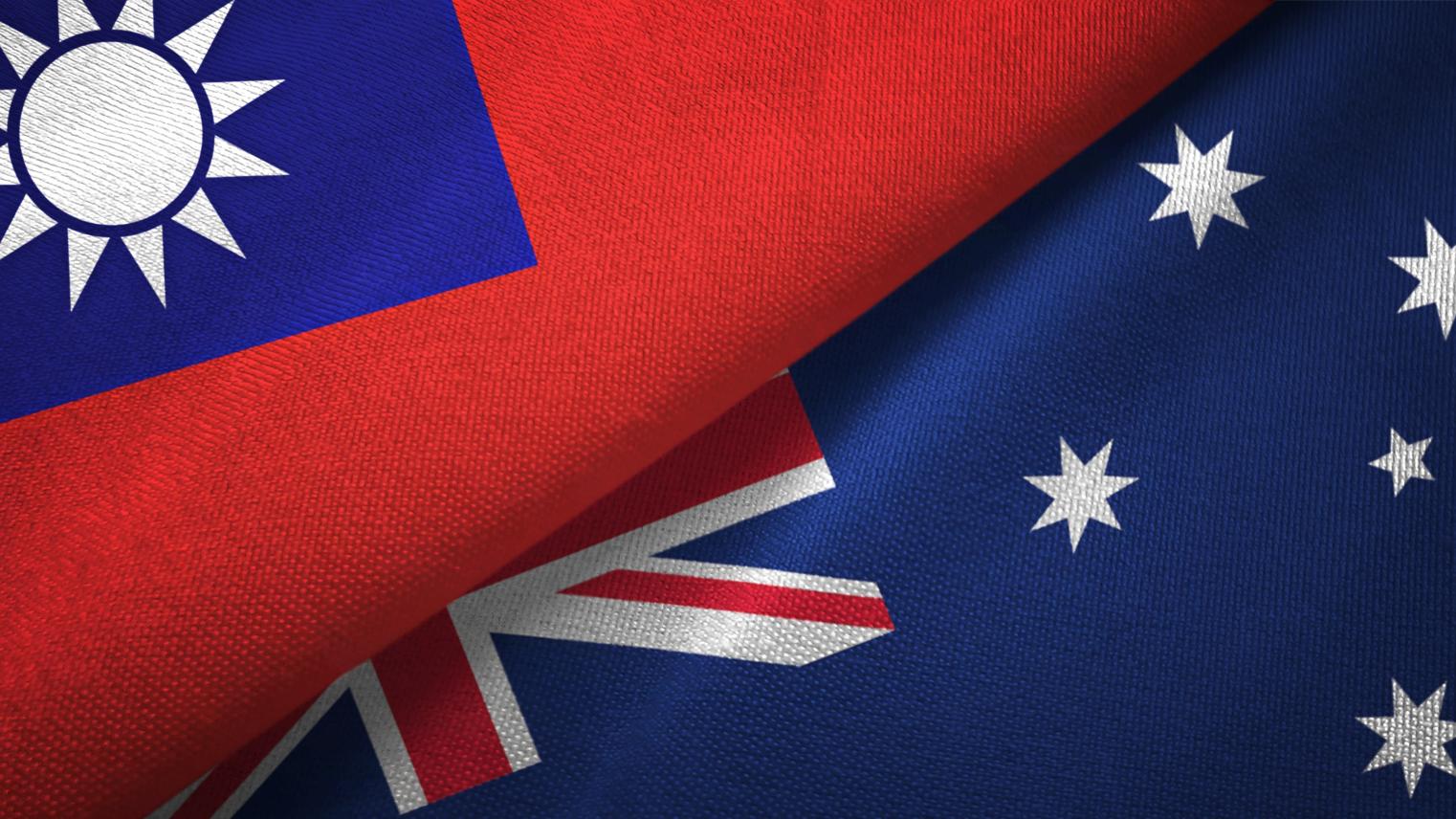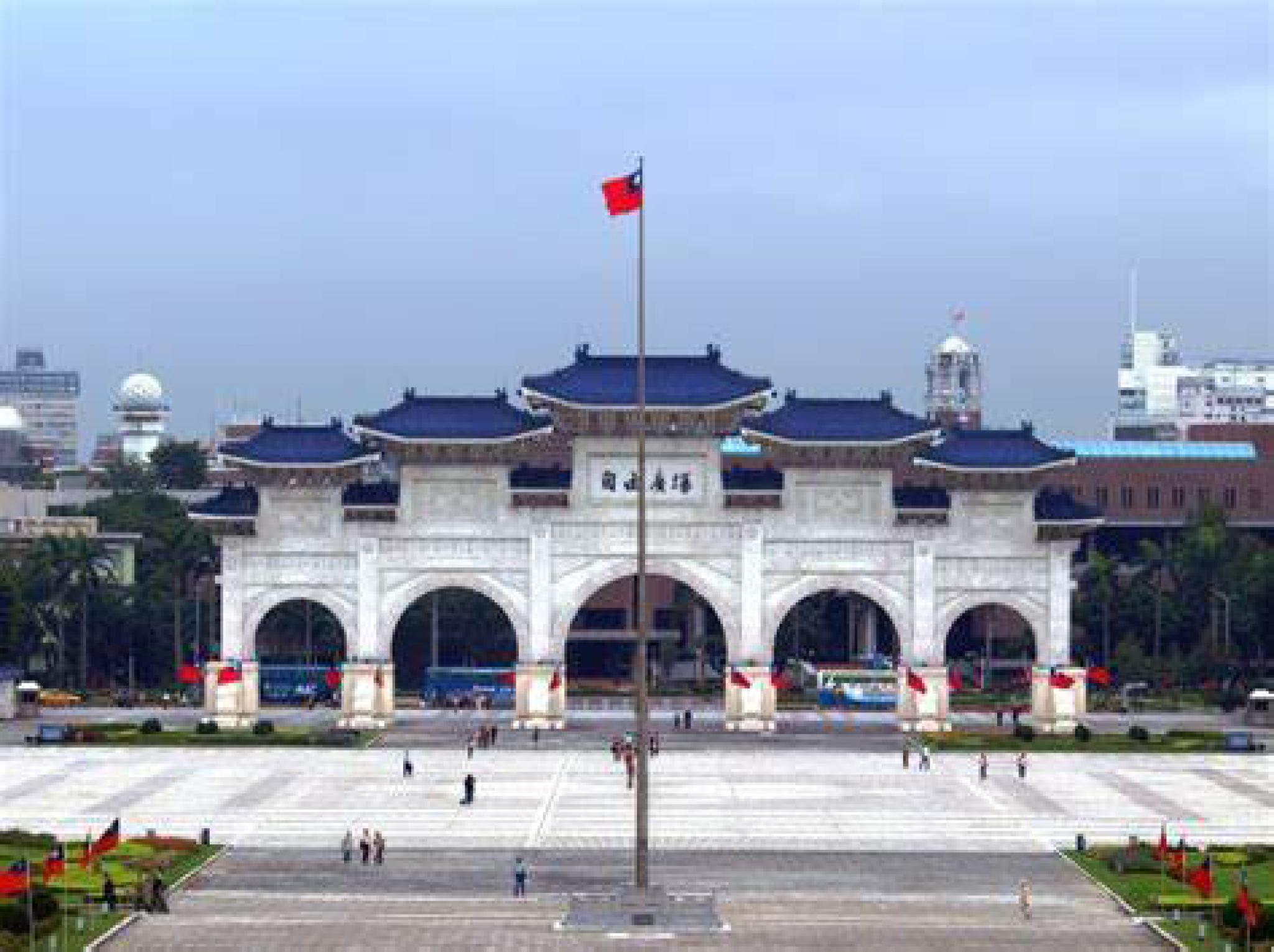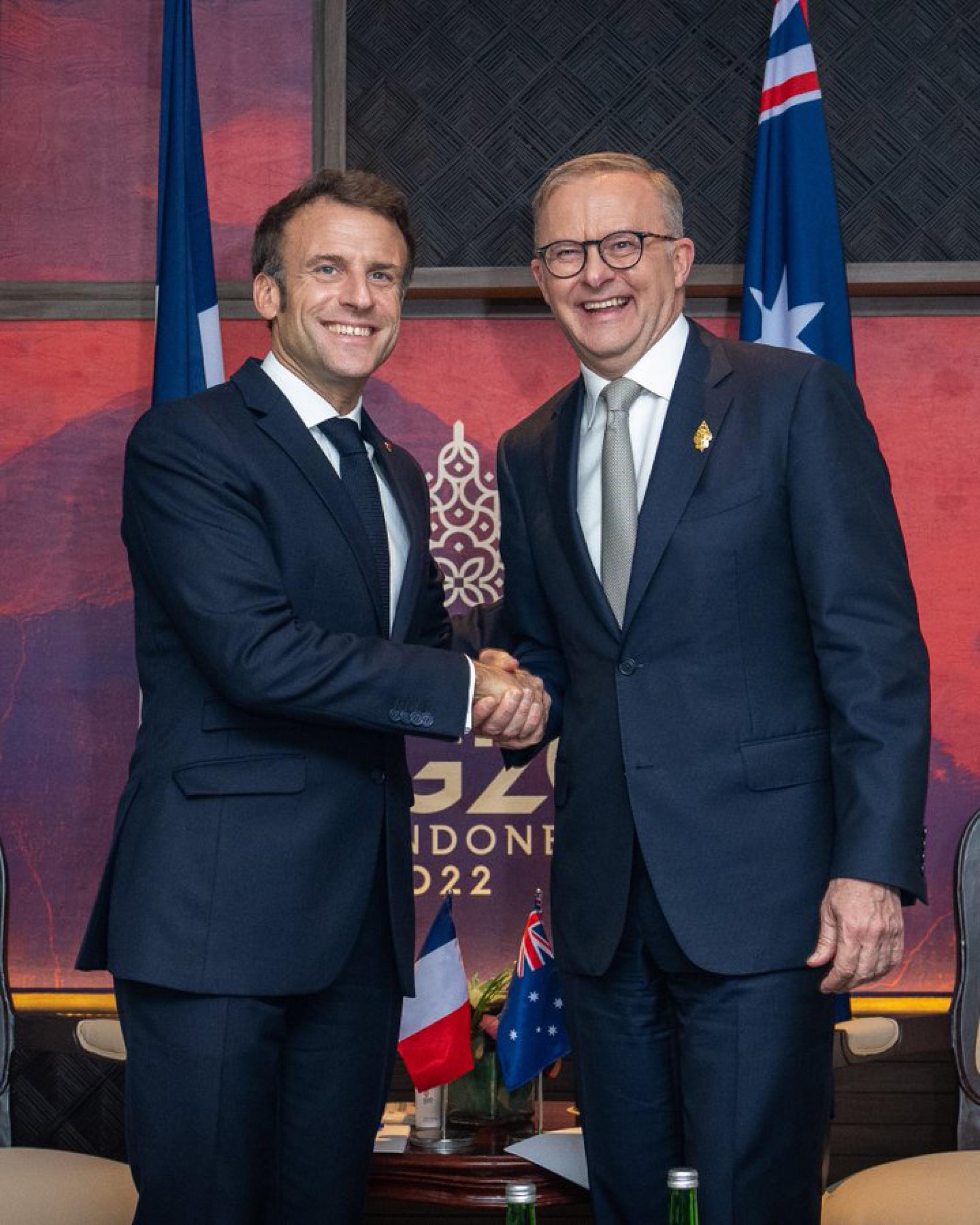How Australia can reduce timidity on Taiwan

As Australian foreign policy accentuates stabilizing relations with China, it would be easy and tempting for Canberra to entrench timidity in its policy regarding Taiwan. Instead, now is the time to invest in understanding and explaining why Taiwan matters to Australia’s interests.
It is also the moment to creatively explore the boundaries of what Australia can do to engage and support Taiwan as a vital part of the regional and global economy and a dynamic and progressive democratic society. This effort should extend to using the middle-power agency Australian statecraft extols. More can be done to operationalize the sophisticated position Australian governments have defined: a One China policy that acknowledges but does not endorse Beijing’s One China principle, which insists that Taiwan is a province of the People’s Republic of China.
In 2024, Australia is emerging from years of confrontation, friction, and freeze in relations with China, its largest trade partner. The Labor government of Prime Minister Anthony Albanese, elected in May 2022, prides itself on ending this painful phase, with disciplined diplomacy captured in the mantra of “cooperate where we can, disagree where we must, and engage in the national interest.”1
Beijing has gradually eased most of the coercive economic sanctions it imposed in 2020 when a conservative Australian government called for an international inquiry into the origins of the Covid-19 pandemic.
Although Chinese president Xi Jinping presumably came to realize the coercion was not working in the face of Australia’s hardened public attitudes and political resolve, he needed a face-saving way out, and a change of government in Canberra provided that.
There is long-standing bipartisanship in Australia on foreign and security policy. Both the conservative Liberal-National Coalition and Labor support the U.S. alliance, partnership with other Indo-Pacific powers such as Japan, engagement with Southeast Asia and the South Pacific, and a relationship with China that combines massive trade (especially in Australian iron ore exports) with U.S.-led strategic balancing. The fact that the current government remains committed to AUKUS, an arrangement through which the United States and United Kingdom will help Australia acquire nuclear-powered submarines, confirms that Labor is conscious of China as a source of grave geopolitical risk.
But there are political differences in Australia on China policy. Labor’s emphasis on engagement with Asia is sometimes miscast as being soft on China. It has been in China’s interests to play up—and make real—the perception that some Australian governments are more accommodating of its priorities than others. This strategy aligns with the fact that Canberra is treading with great care when it comes to Taiwan. Long has this been so. After all, it was conservative foreign minister Alexander Downer who in 2004 questioned the applicability of the U.S. alliance in a Taiwan context.
Only in recent years has something of a divide emerged in Australian politics on Taiwan, with current opposition leader Peter Dutton saying on the record, contra Downer, that Australia would support the United States in a Taiwan conflict—or more precisely, that not doing so would be “inconceivable.”2
While Dutton may rightly be criticized for seeking to exploit the China challenge for partisan advantage, it should be uncontroversial to express the judgment that the U.S.-Australia alliance would be broken if Australia stood aloof while the United States went to war with Beijing.
The Albanese Labor government has studiously avoided explaining Australia’s defense modernization and the intensification of the U.S. alliance in terms of a hypothetical Taiwan conflict, even though this is a plausible contingency that would profoundly engage Australian interests. Instead, for example, Canberra’s April 2024 National Defence Strategy presents a general case for power projection, deterrent capability, the U.S. alliance, and various Indo-Pacific partnerships—all in terms of preventing future coercion and threats to the connected regional economy on which Australia’s prosperity and survival depend.3 Some critics of the AUKUS arrangement distort it as a precooked deal to lock an Australian submarine force into a Taiwan war under U.S. command.4
This artificially narrow debate, plus Beijing’s insinuation that closer Australia-Taiwan contact would put stabilization at risk, unhelpfully reduces Taiwan in the minds of many Australians to a source of trouble or a proxy for a U.S. primacy imperative, with no political character, rights, or agency of its own. Instead, Australian governments should not be afraid to remind their people (including the business community) of the truth: Taiwan is a self-ruled and democratic polity with its own complex cultural and political history. It is a vital part of the Indo-Pacific and global economic order, particularly given the critical place of its advanced semiconductor industry in global technology supply chains. Bilaterally, Taiwan is hardly insignificant: it is Australia’s sixth-largest export market for goods and services and its seventh-largest partner in two-way trade.
Australia and Taiwan also have in common the fact that they are liberal democratic islands, with similar population sizes of more than 20 million people, which seek to navigate a complex and contested region where many of the other political systems are much less friendly to individual rights. Taiwan upholds the values a democratic and progressive Australia cares for—inclusion, diversity, self-determination, free expression, transparency, accountability, civil liberties, and respect for First Nations peoples—more than anywhere else in Asia. Australians who care about their democracy would also do well to note that Taiwan is a laboratory for identifying and countering electoral manipulation; it functions as an early-warning system for their own and others’ democratic resilience.
Australia’s options
Current economic relations between Australia and Taiwan are strong and could be bolstered through appropriate ministerial contact. Domestic prosperity and international stability intersect in many portfolios other than the obviously sensitive areas of foreign affairs and defense. Australia could follow New Zealand’s example and negotiate a free trade agreement, plus support Taiwan’s membership in the Comprehensive and Progressive Agreement for Trans-Pacific Partnership, a quality trade arrangement where Taiwan eminently belongs.
Dialogue, parliamentary engagement, and education are three obvious areas where Australia and Taiwan could do more together to build each other’s awareness and resilience in an era when middle-sized democracies benefit from sharing best practices. Dialogue could occur in the purely informal space of the think tank, or academic “second track,” or in a grayer zone where government observers and even occasionally government-affiliated voices could share their expertise. There is no fundamental reason why private sector experts and representatives of subnational governments could not also contribute.
Both sides would benefit enormously from sharing knowledge and policy innovations in such f ields as critical infrastructure, supply chains, cybersecurity, and social cohesion. They could thus collaborate in providing security to their economies and societies in ways that do not touch on sensitive questions of diplomatic recognition or military cooperation.
Likewise, in preparedness and emergency response—whether against natural disasters and climate impact or more statedirected strategic threats—Australia and Taiwan would find it mutually beneficial to swap notes on their hard-earned experience.
In addition, parliamentary engagement is a promising avenue. The April 2024 visit to Taiwan by a cross-party group of some of Australia’s most forthright and active parliamentarians is a significant example.5 It may also be worth considering minilateral variants of parliamentary dialogue that bring together parliamentarians from two or more democracies, such as Japan, the United States, and European nations. Such dialogue would reinforce messages of democratic solidarity while providing cover for any one country should Beijing translate displeasure into punishment.
Education provides another channel of connection while also building Taiwan’s capacity. The minilateral Global Cooperation and Training Framework set up in 2015 brings together Australia, Japan, the United States, and Taiwan as education powers and is a logical pathway for Australian education providers to contribute to Taiwan’s resilience while benefiting from its human capital.6
Australia should seek to maximize its use of this channel while encouraging wider participation.
The framework provides a potential vehicle for other democratic education powers, such as the United Kingdom, Canada, France, Germany, India, and South Korea, to deepen their connections with Taiwan as part of the global research, teaching, and training ecosystem.
For Australia, a stable geopolitical and geoeconomic environment involves much more than a permanently fragile stabilization with China. Australian statecraft has the wit to balance stabilization with the diversified interests and values that define Australia’s democracy.
References
- See, for example, Anthony Albanese, “Australia in the world: 2023 Lowy Lecture – Prime Minister Anthony Albanese,” (speech, Lowy Institute, Sydney, Australia, December 20, 2023), https://www. lowyinstitute.org/publications/2023-lowy-lecture-prime-minister-anthony-albanese.
- Peter Hartcher, “Dutton raises stakes over Taiwan with talk of war,” Sydney Morning Herald, November 16, 2021, https://www.smh.com.au/national/dutton-raises-stakes-over-taiwan-with-t….
- Defence Australia, 2024 National Defence Strategy (Canberra: Government of Australia, 2024), https:// www.minister.defence.gov.au/media-releases/2024-04-17/2024-national-def….
- James Curran, “Senior US diplomat lets the AUKUS cat out of the bag,” Australian Financial Review, April Charles Edel and Christopher Johnstone | 997, 2024, https://www.afr.com/policy/foreign-affairs/senior-us-diplomat-lets-the-….
- “President Tsai receives Australian parliamentary delegation,” Taiwan Today, April 29, 2024, https:// taiwantoday.tw/news.php?unit=2&post=250888.
- For more on the Global Cooperation and Training Framework, see https://www.gctf.tw/en/Countries.htm.
This article was published as a chapter in a report by the Centre for Strategic & International Studies titled 'U.S.-Australia-Japan Trilateral Cooperation on Strategic Stability in the Taiwan Strait'.
Related content



